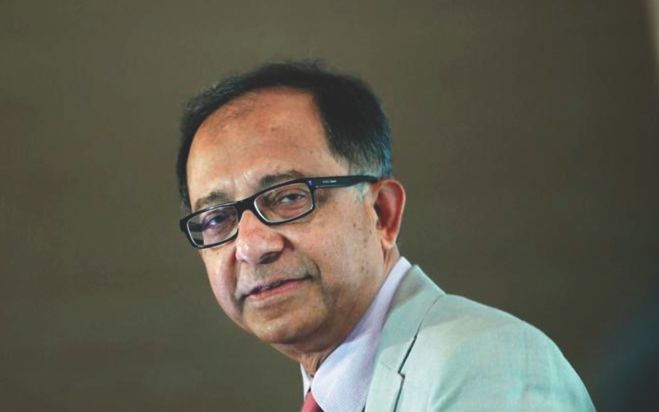World Bank sees growth pick-up for developing countries

The World Bank on Tuesday predicted a pick-up in economic growth for developing countries, spurred by falling oil prices and despite a slight slowdown in global engine China.
Developing countries' growth in gross domestic product (GDP) -- the broad measure of a country's output of goods and services -- was expected to hit an annual pace of 4.8 percent in 2015, up from 4.4 percent last year, and surge to 5.3 percent in 2016, according to the bank's latest forecasts.
"Following another disappointing year in 2014, developing countries should see an uptick in growth this year, boosted in part by soft oil prices, a stronger US economy, continued low global interest rates" and improvements in several large emerging-market economies, said the World Bank in a statement.
The update of its Global Economic Prospects report showed that momentum in the developing countries would like push growth in the global economy higher, to a moderate 3.0 percent in 2015 from 2.6 percent in 2014, despite persistent weakness in the eurozone and Japan.
For China, the leader of the emerging-market economies, "structural reforms, a gradual withdrawal of fiscal stimulus, and continued prudential measures to slow credit expansion will result in slowing growth to 6.9 percent by 2017 from 7.4 percent in 2014," said the anti-poverty development bank.
The GDP of the world's second-largest economy was projected to increase by 7.1 percent this year and slow slightly to a rate of 7.0 percent in 2016.
Another major emerging-market powerhouse, India, should be among the beneficiaries of the spectacular plunge in crude oil prices that have lost almost 60 percent of their value since June. The Asian giant, which is a net importer of crude oil, should see GDP accelerate to 6.4 percent this year from a 5.6 percent rate last year.
Weak oil prices also were expected to help Brazil, Indonesia, South Africa and Turkey fight inflation and reduce their current-account deficits, a major source of vulnerabilities to risks in the global economy, the World Bank said.
"What is critical is for nations to use this window to usher in fiscal and structural reforms, which can boost long-run growth and inclusive development," said Kaushik Basu, the World Bank's chief economist and senior vice president, in the statement.
Oil-producing countries, meanwhile, have been dealt a blow by the price plunge. Russia, which also is the target of Western economic sanctions, was expected to suffer a 2.9 percent economic contraction this year before crawling back into growth in 2016.
"In this uncertain economic environment, developing countries need to judiciously deploy their resources to support social programs with a laser-like focus on the poor and undertake structural reforms that invest in people," said World Bank President Jim Yong Kim.




Comments